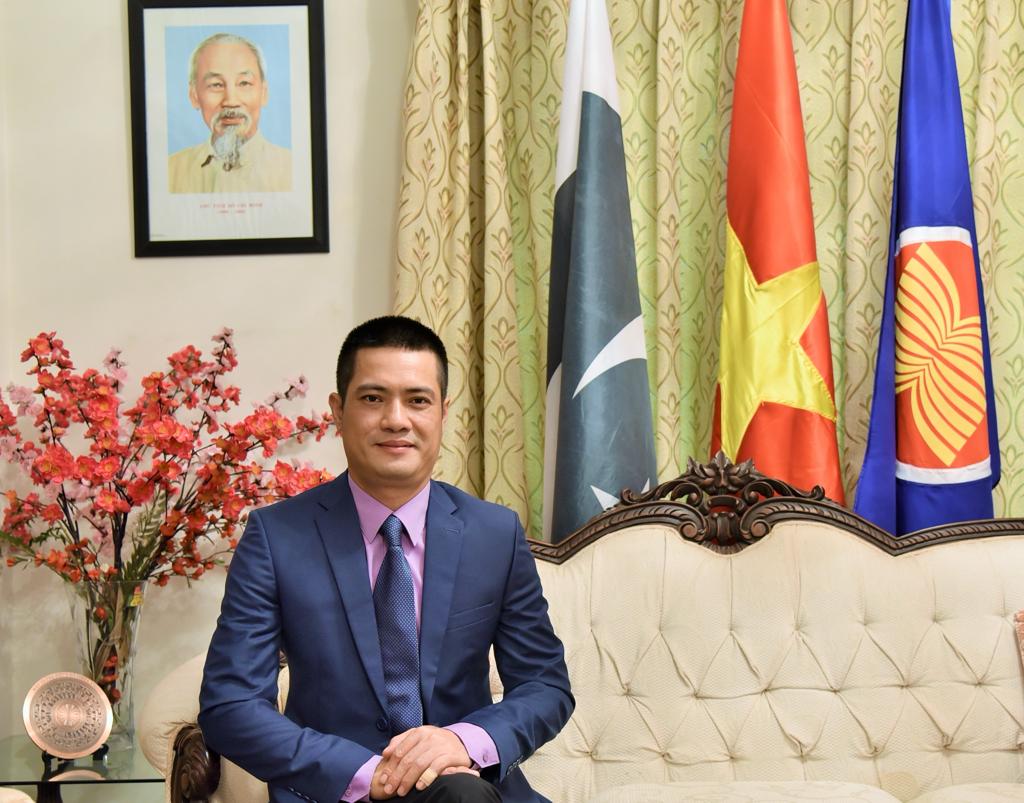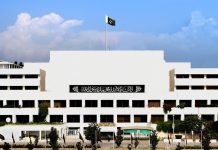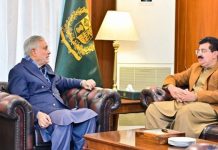Staff Report
ISLAMABAD: Ambassador of Vietnam in Pakistan, Nguyen Tien Phong on Wednesday hailed the proposed Gandhara Corridor Project as a major vehicle of regional connectivity, interfaith harmony and cultural tourism. While delivering the keynote address on ‘Envisioning Comprehensive Pakistan-Vietnam Cooperation: Prospects and Opportunities’ organized by the NUST Institute of Policy Studies (NIPS), a leading think-tank of NUST, said a press release.
The ambassador said that Gandhara tourism is a symbol of the shared Buddhist heritage, and could attract Vietnam tourists. He said that several historical archaeological Gandhara sites located in different parts of Pakistan’s cities including Taxila, Peshawar, Mardan, and Swat are sacred holy places in the eyes of Buddhists and have potential to attract international tourists from Vietnam and other countries. He emphasized that devising a joint strategy in this regard could generate multiple opportunities for mutual cooperation.
On cultural connectivity, he said that there is an urgent need to encourage increased cultural contacts and trade exchanges between young Pakistanis and Vietnamese for a sustainable, long-term bilateral partnership. It is worth mentioning that Member National Assembly (MNA) Dr Ramesh Kumar Vankwani recently introduced a bill in the National Assembly to establish the Gandhara Corridor to connect Pakistan with the Buddhist majority countries, including Vietnam.
Recalling the bilateral diplomatic relations, the envoy said, “Vietnam and Pakistan have celebrated 50 years of relations,” and “Pakistan has always supported Vietnam in all the international forums.” While elaborating on the bilateral cooperation between the two countries, he said that Vietnamese professionals can help Pakistani counterparts in value addition in many business areas, leading to exports reaching EU markets under the free trade agreements.
He also expressed his country’s commitment to promoting the Pak-Vietnam partnership in trade, education, IT, tourism, science and technology.
The ambassador, in his concluding remarks, expressed his deep appreciation for the NUST knowledge ecosystem and identified higher education cooperation, IT technology and S&T collaboration as a win-win priority area where rapid mutual gains could be made.





